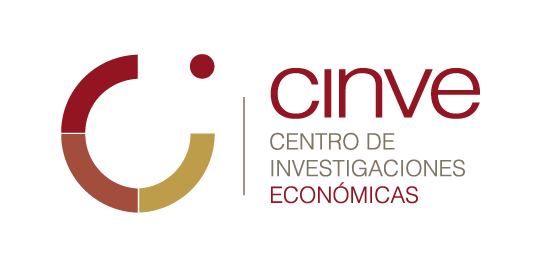This paper presents a methodological scheme for the analysis of inflation,
as well as a quantitative and qualitative evaluation of the performance of the system of
monitoring of the inflationary dynamics that is being used in cinve during
The last two years.
The analysis of an economic phenomenon such as inflation requires the development of
instruments that allow both its diagnosis and its prediction, in the understanding
that the joint analysis of said variable must necessarily be based on
predictions Inflationary behavior should be studied taking into account
the specific behaviors of the various components of the Price Index at
Consumption, with the understanding that prices in different goods markets and
services have specific characteristics, in terms of their trend behavior,
its seasonality, cycle and erraticity. In particular, the disaggregated analysis of the
behavior of the prices that make up the inflationary core or inflation
underlying, of the goods whose prices observe a more volatile behavior, as well
as of those goods whose prices are not determined in the market (prices
managed)
Therefore, the methodological proposal presented in this work is based on a
set of quantitative models for the various components of the Index of
Consumer Prices (CPI) prepared by the National Statistics Institute. The
Econometric methodology used is based on one-time models
multivariant and G-ARCH (Generalized Autoregressive Conditional)
Heteroskedasticity).
